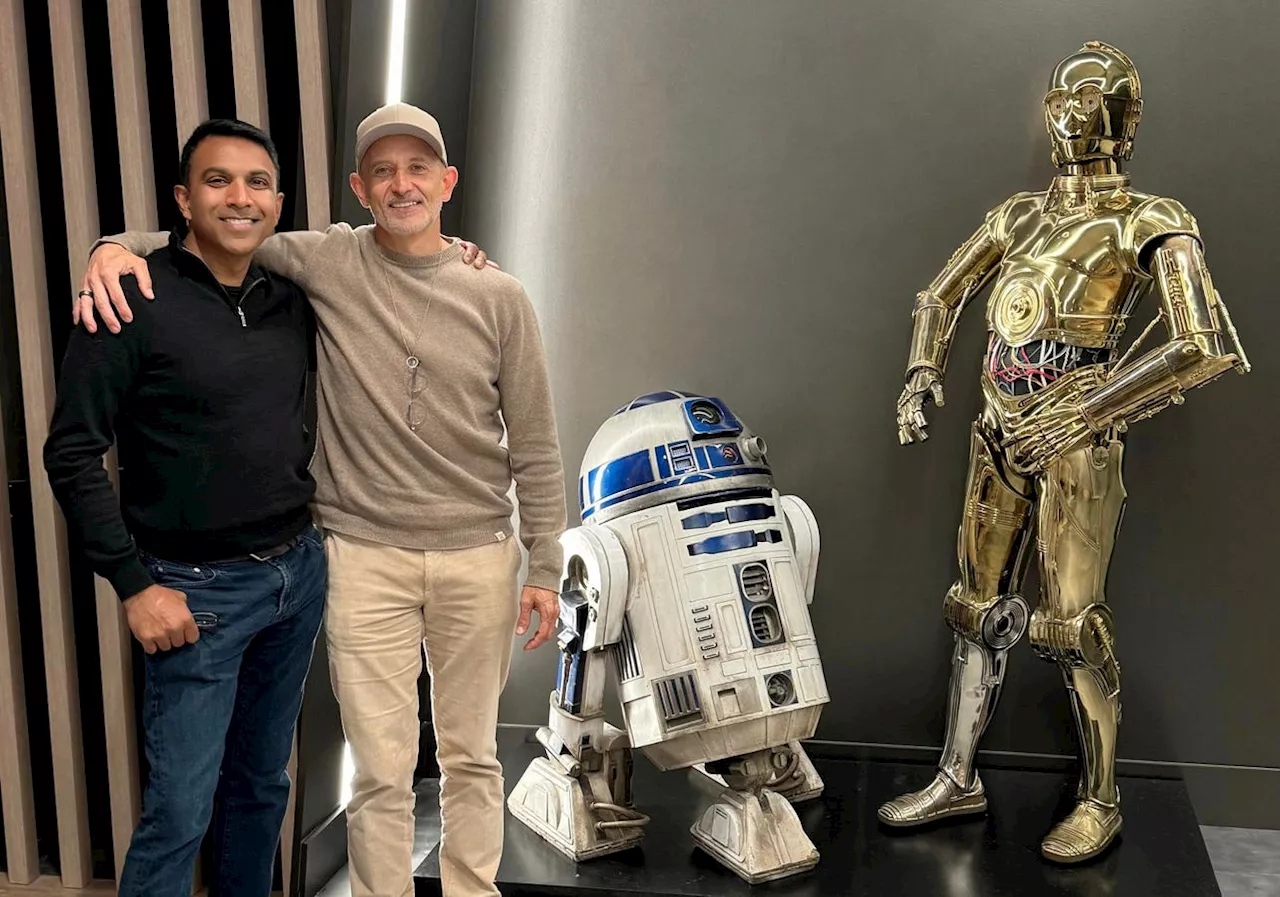Two competing paths are emerging for monetizing GenAI in healthcare: one led by tech firms and FDA approvals, the other by clinicians empowering patients directly.
. Most doctors saw it as a novelty, perhaps useful for administrative tasks or as a basic reference tool, but too unreliable for clinical care.
These applications are developed by training AI models to compare two datasets, detect dozens of subtle differences between them and assign a probability factor to each. For reliable results, the training data must be objective, accurate and replicable. That’s why nearly all narrow AI tools are applied in visual specialties like radiology, pathology and ophthalmology — not cognitive fields that depend on subjective entries in the electronic medical record.
While there’s still debate over whether LLMs are ready for independent clinical use by patients, the pace of progress is breathtaking.As generative AI becomes more powerful each year, two distinct approaches are emerging for how it might be monetized in healthcare.Medical care often fails to deliver optimal outcomes at a price patients can afford. This monetization model would seek to close those gaps.
They would then refine these models, training them on radiologist interpretations of thousands of X-rays, transcripts from patient advice centers or anonymized recordings of conversations with patients. The result: specialized generative AI tools designed to address specific gaps in care delivery. They would create low-cost instructional materials for various patient-learning preferences ranging from digital guides and printed pamphlets to YouTube videos and short training courses. These resources would teach patients how to use any of the publicly available large language models safely and effectively.
Unlike startup models that require tens of millions in funding and FDA approval, these educational tools could be developed and deployed quickly by doctors and other clinicians. Because they teach patients how to use existing tools rather than offer direct medical advice, they would avoid many regulatory burdens and face reduced legal liability. And with 40% of physicians already working part-time or in gig roles, there are hundreds, or likely thousands, of experts ready to contribute.
Healthcare Chatgpt Microsoft Antrhopic Fda Approval Openai Narrow Ai Llm Gpt-5
United States Latest News, United States Headlines
Similar News:You can also read news stories similar to this one that we have collected from other news sources.
 Two Utah healthcare workers charged with attempted aggravated murder, child tortureA Utah couple was charged with attempted aggravated murder, aggravated child abuse, and child torture after a 3-year-old was hospitalized in Sandy.Amber Lee Lea
Two Utah healthcare workers charged with attempted aggravated murder, child tortureA Utah couple was charged with attempted aggravated murder, aggravated child abuse, and child torture after a 3-year-old was hospitalized in Sandy.Amber Lee Lea
Read more »
 AI Will Live On: Will You Leave Behind a Generative Ghost?'I'm the intersection between a psychologist and a computer scientist, and these types of things tend to be right up my alley.'
AI Will Live On: Will You Leave Behind a Generative Ghost?'I'm the intersection between a psychologist and a computer scientist, and these types of things tend to be right up my alley.'
Read more »
 Intangible Launches Public Beta, Merging Generative AI, Game Engines, And Cinematic DesignIntangible launches open beta of its browser-based 3D AI platform, combining game engines, spatial design, and cinematic tools for creatives across industries.
Intangible Launches Public Beta, Merging Generative AI, Game Engines, And Cinematic DesignIntangible launches open beta of its browser-based 3D AI platform, combining game engines, spatial design, and cinematic tools for creatives across industries.
Read more »
 Generative AI is Turning Publishing Into a Swamp of SlopThe proliferation of generative AI in the world of publishing is not just a threat to the industry, but to readers who love stories.
Generative AI is Turning Publishing Into a Swamp of SlopThe proliferation of generative AI in the world of publishing is not just a threat to the industry, but to readers who love stories.
Read more »
 Netflix admits it used generative AI in a big sci-fi hit to cut costsNetflix co-CEO Ted Sarandos revealed during an earnings call that the creators of The Eternaut used AI to generate a scene of a building collapsing.
Netflix admits it used generative AI in a big sci-fi hit to cut costsNetflix co-CEO Ted Sarandos revealed during an earnings call that the creators of The Eternaut used AI to generate a scene of a building collapsing.
Read more »
 Netflix chief champions generative AI: Why that could spell trouble for artistsNetflix co-CEO Ted Sarandos revealed that the streamer has used generative AI while making movies and TV shows. That could lead to problems with artists.
Netflix chief champions generative AI: Why that could spell trouble for artistsNetflix co-CEO Ted Sarandos revealed that the streamer has used generative AI while making movies and TV shows. That could lead to problems with artists.
Read more »
